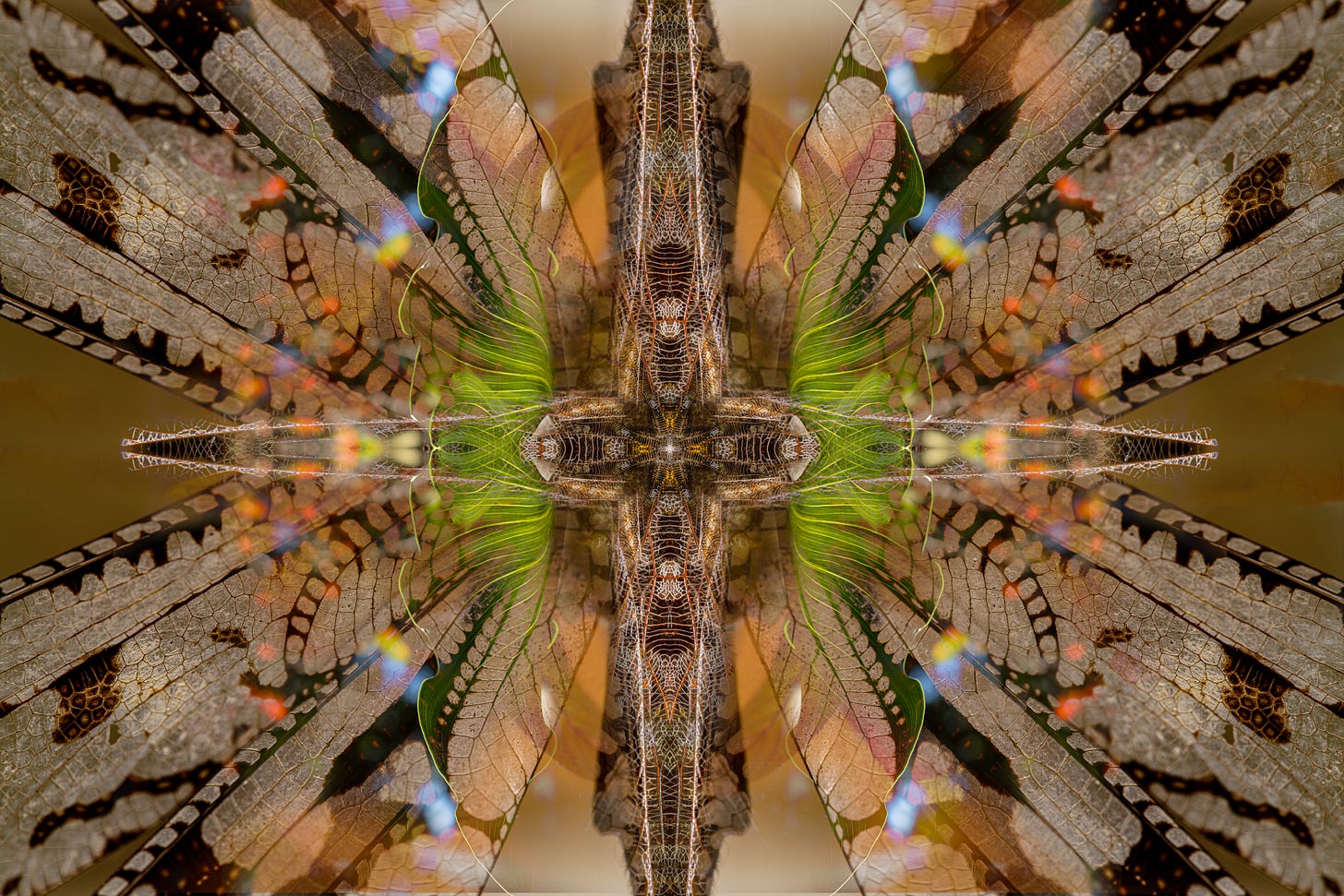Surviving My Own Murder
Brutally Attacked in Madrid - Strangled Until Blackout - Reborn, Grateful for Life
What if you were given a second chance at life? Not in the poetic, "turning over a new leaf" kind of way, but in the brutal, terrifying, "this is your last breath" kind of way?
Aged 22, I experienced what it was like to be murdered. It wasn’t a dramatic overreaction. It wasn’t paranoia. It was real.
One moment, I was unlocking my apartment door in Madrid. The next, I was in the grip of a stranger—his arm clamped around my throat, my vision darkening. I fought, clawed, gasped. And then—nothing. Blackness.
The Attack: A Fight For My Life
It was 2002, and Real Madrid football club had just won the Champions League final. The city was electric—fireworks exploding, fans roaring, the streets overflowing with celebration.
As a keen amateur film maker I had been out capturing it all on my video camera, caught up in the chaotic joy of the night. When I finally decided to head home, I had no idea someone had spotted my camera and was following me through the winding streets of Madrid.
As I reached my apartment block and fumbled for my keys, I felt a sudden, brutal yank on my hair.
Before I could react, an arm like a steel vice wrapped around my throat. The force spun me around, slamming me hard against a parked car. My attacker pressed his full weight into me, pinning me against the car, his grip tightening.
For the first few, surreal seconds, I had no idea what was happening. Then, as the reality of my situation landed, I thrashed and tried to kick.
But he was strong, clearly highly-trained in this kind of neck hold and 100% determined to choke me out. My nails dug into his arms as I struggled for breath, but his hold only tightened.
I could feel my strength slipping away. My vision blurred, my ears rang, and an eerie numbness crept through my body. My mind screamed, This is it. This is how it ends. Murdered on the streets of Madrid.
A brief wave of panic surged through me, but my limbs stopped responding. Everything slowed.
Then, just as quickly as it started, the world went black.
I don’t know how long I was unconscious. When I finally came to, I was lying face-down in the gutter, my body aching, my head spinning.
The cold pavement pressed against my cheek, the distant sounds of Madrid’s celebrations still echoing around me. My backpack was gone. My camera was gone. But somehow, against all odds, I was alive. Grateful.
Reborn.
The Realisation That Changed Everything
That night shook something loose in me. When you come that close to the edge, when you stare into the void and then somehow, inexplicably, wake up on the other side—you don’t walk away unchanged. The world looks different. You question everything.
Before that night, I lived as if time were endless, as if my ambitions could be safely stored for "someday." After that night, "someday" was no longer an option. The future had proven itself uncertain, unreliable.
So why do we wait? Why do we convince ourselves we have time when we know, deep down, that we don’t?
What Near-Death Teaches About Near-Life
Many of us live in a kind of sleepwalking state, waiting for the perfect moment to act, to speak, to live. But that perfect moment often never comes.
If facing death has taught me anything, it’s that life doesn’t pause for us to be ready. It doesn’t send invitations, it doesn’t make guarantees. It simply is—happening right now, slipping through our fingers whether we acknowledge it or not.
In the days and months following my attack I wrestled with a mixture of fear, gratitude, and an urgent need to reclaim my sense of agency. The attack had left me shaken, but it also cracked something open in me: an acute awareness of time’s fleeting nature.
I began to ask different questions: What do I actually want? How much of my life is spent on things that don’t matter?
The truth is, most of us are waiting—for the right moment, for certainty, for permission. But what if we stopped waiting? What if we acted as though life was a gift, not a guarantee?
Reframing Fear As A Catalyst
Fear often holds us back, but what if it could propel us towards purpose instead?
In those moments of terror, I realised that everything I’d once feared—failure, embarrassment, rejection—was insignificant compared to the fear of losing my life altogether.
And if that was true, then what was I so afraid of?
Fear will always be present. But rather than letting it paralyse us, we can use it as fuel. Every time we hesitate to take a risk, we can ask ourselves: Will I regret not doing this? If the answer is yes, we must step forward.
You don’t have to be strangled in the street to have a wake-up moment. You can choose it, right now.
If this letter resonated, please share it with someone who might need it.
Let’s walk this path together, fearlessly.
Live Happy,
Hoppy
Want to go deeper? Read these newsletters:
The Fear Of Death, And What It's Really Telling Us



